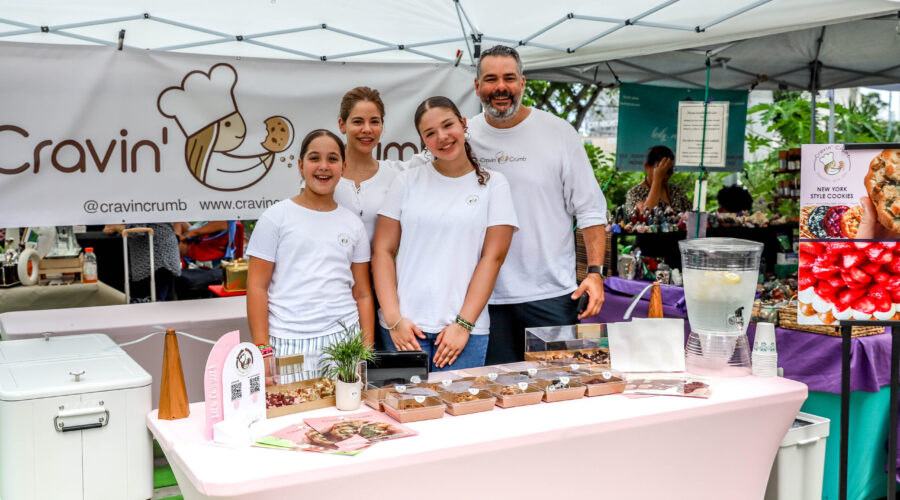How to Host a Farmers Market in Miami
Farmers markets are a cornerstone of vibrant communities — and in Miami, they’re booming. Whether you’re a property manager, nonprofit, business owner, or neighborhood organizer, hosting your own market can attract visitors, support local vendors, and generate consistent revenue.
In this guide, we’ll show you how to host a farmers market in Miami, from finding the right location to vendor onboarding, permitting, and promotion.
Why Host a Farmers Market in Miami?
Miami offers ideal conditions for year-round outdoor markets:
- Sunny weather most of the year
- A diverse local population eager to support small businesses
- A strong pool of vendors (food, handmade goods, art, and more)
- Growing demand for wellness, sustainability, and community experiences
Hosting a market can also:
- Activate underused real estate (e.g. parking lots, plazas, parks)
- Increase foot traffic to local businesses
- Attract sponsorship revenue from local brands
Want to manage your market with ease? Try Unite’s Market Management Tools
Step-by-Step: How to Host a Farmers Market
✅ Step 1: Choose a Strategic Location
Ideal Miami locations include:
- Public parks (like Peacock Park or Legion Park)
- Private plazas, lots, or rooftops
- Community centers or faith-based campuses
Make sure your location is:
- Walkable and has parking or transit access
- Zoned appropriately for public gatherings
- Equipped with restroom access or portables
✅ Step 2: Get Permits and Insurance
You’ll need:
- A special events permit from the city or county
- Liability insurance for yourself and vendors
- A fire inspection if any vendors use propane or cooking equipment
Visit the City of Miami Special Events Office or Miami-Dade County’s Event Permits to apply.
✅ Step 3: Recruit Vendors
You’ll need a mix of vendors to attract different types of customers:
- Produce vendors (local farms or co-ops)
- Cottage food makers (baked goods, sauces, jams)
- Artisans and handmade goods
- Prepared food and food trucks
- Wellness and service providers
Pro tip: Use Unite Worldwide’s Vendor Management Software to onboard and manage vendors, collect documents, and handle payments.
✅ Step 4: Set the Market Schedule
Decide if your market will be:
- Weekly, bi-weekly, or monthly
- Morning (8AM–2PM), evening (4PM–9PM), or all-day
- Seasonal (e.g. October–April) or year-round
Consistency builds audience trust, so stay regular with dates.
✅ Step 5: Promote Your Market
Use these marketing tools:
- Flyers distributed at local businesses
- Facebook and Instagram event pages
- Listings on Miami New Times, Eventbrite, and local calendars
- Email newsletters from neighborhood associations
Tag your vendors and invite them to cross-promote the event.
Tools That Make It Easier
Unite Worldwide helps market hosts:
- Accept vendor applications
- Collect permits and fees
- Assign booth locations
- Email vendors with updates
- List your market on a public-facing platform
Internal Links
External Links
- City of Miami Special Events Permits
- Miami-Dade County Event Permits
- Miami New Times Event Listings
- Florida Department of Agriculture Market Resources
Conclusion
Hosting a farmers market in Miami isn’t just a great way to engage your community — it’s a smart way to support local entrepreneurship, activate space, and build recurring revenue. With the right tools and strategy, you can bring together vendors and visitors in a way that benefits everyone.
🚀 Ready to host your own market? Contact Unite Worldwide to get started with software, planning, and vendor recruiting support.


